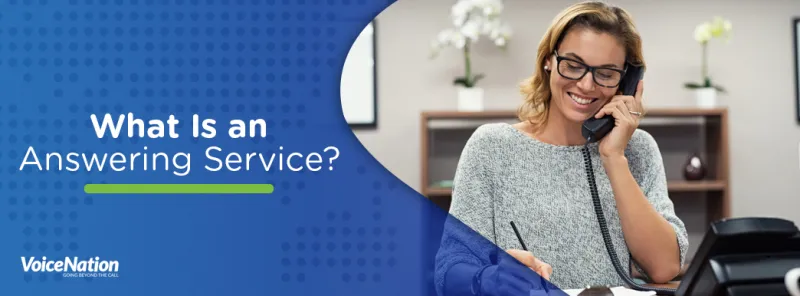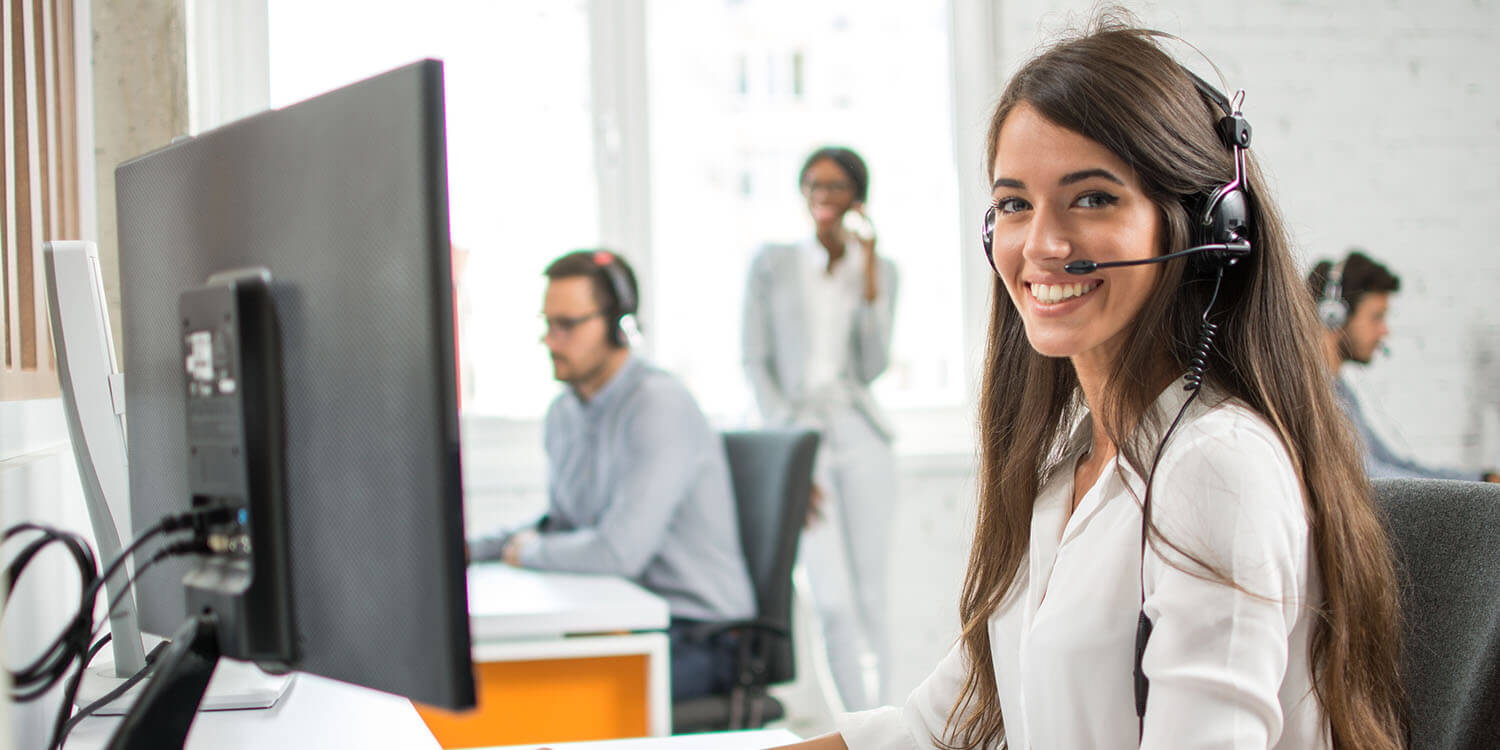All Categories
Featured
Table of Contents
- – What Is The Best How Does An Answering Service ...
- – Best 6 Statistics That Prove Your Business Nee...
- – What Is The Best Benefits Of Answering Service...
- – What Are The Top 10 Answering Service Jobs In...
- – What Is The Best What Is A Phone Answering Se...
- – Which Is The Best Live Answering Services - ...
What Is The Best How Does An Answering Service Work? App?
This device and its followers were created by Sava Jacobson, an electrical engineer with a personal consulting service. While early answering machines utilized magnetic tape technology, a lot of modern equipment utilizes solid state memory storage; some devices utilize a mix of both, with a solid-state circuit for the outbound message and a cassette for the inbound messages.
"toll conserving" listed below) (virtual call answering service). This is beneficial if the owner is screening calls and does not wish to speak with all callers. In any case after going, the calling celebration must be informed about the call having actually been answered (in many cases this begins the charging), either by some remark of the operator, or by some welcoming message of the little, or resolved to non-human callers (e.
This holds particularly for the TADs with digitally kept greeting messages or for earlier makers (before the increase of microcassettes) with a special unlimited loop tape, separate from a second cassette, devoted to recording. There have actually been answer-only gadgets without any recording capabilities, where the greeting message needed to notify callers of a state of existing unattainability, or e (phone answering).
Best 6 Statistics That Prove Your Business Needs A Phone ... - Blog Dealer Near Me

about availability hours. In tape-recording Littles the greeting typically contains an invitation to leave a message "after the beep". An answering device that uses a microcassette to record messages On a dual-cassette answerphone, there is an outbound cassette, which after the defined variety of rings plays a pre-recorded message to the caller.

Single-cassette answering makers consist of the outbound message at the start of the tape and inbound messages on the remaining area. They first play the statement, then fast-forward to the next readily available space for recording, then tape-record the caller's message. If there are many previous messages, fast-forwarding through them can cause a significant delay.
This beep is typically described in the welcoming message, requesting that the caller leave a message "after the beep". Little bits with digital storage for the tape-recorded messages do not show this delay, obviously. A TAD might use a push-button control center, whereby the answerphone owner can sound the house number and, by getting in a code on the remote telephone's keypad, can listen to tape-recorded messages, or delete them, even when far from house.
What Is The Best Benefits Of Answering Service - Professional Services Today

Thus the maker increases the variety of rings after which it addresses the call (generally by two, leading to 4 rings), if no unread messages are currently saved, but responses after the set variety of rings (usually two) if there are unread messages. This enables the owner to discover whether there are messages waiting; if there are none, the owner can hang up the phone on the, e.
Some makers likewise enable themselves to be remotely activated, if they have actually been turned off, by calling and letting the phone ring a specific big number of times (normally 10-15). Some provider desert calls currently after a smaller variety of rings, making remote activation impossible. In the early days of Little bits an unique transmitter for DTMF tones (dual-tone multi-frequency signalling) was regionally required for push-button control, because the previously utilized pulse dialling is not apt to convey appropriate signalling along an active connection, and the dual-tone multi-frequency signalling was implemented stepwise.
Any inbound call is not identifiable with respect to these properties in advance of going "off hook" by the terminal devices. So after going off hook the calls must be changed to appropriate gadgets and only the voice-type is instantly accessible to a human, but perhaps, however ought to be routed to a LITTLE BIT (e.
What Are The Top 10 Answering Service Jobs In All Australia?
What if I told you that you do not need to in fact pick up your device when answering a customer call? Somebody else will. So hassle-free, right? Responding to call doesn't need someone to be on the other end of the line. Efficient automated phone systems can do the trick just as efficiently as a live representative and sometimes even much better.
An automated answering service or interactive voice response system is a phone system that communicates with callers without a live person on the line - business call answering service. When companies utilize this technology, clients can get the answer to a question about your organization merely by using interactions set up on a pre-programmed call flow.
Although live operators upgrade the customer service experience, lots of calls do not need human interaction. A simple taped message or directions on how a consumer can recover a piece of info generally fixes a caller's instant need - professional phone answering service. Automated answering services are a basic and efficient way to direct incoming calls to the right person.
What Is The Best What Is A Phone Answering Service, And How Does It Work? Out There
Notice that when you call a business, either for assistance or item query, the first thing you will hear is a pre-recorded voice greeting and a series of choices like press 1 for client service, press 2 for queries, and so on. The pre-recorded options branch out to other options depending upon the customer's choice.
The phone tree system assists direct callers to the best person or department using the keypad on a cellphone. In some circumstances, callers can use their voices. It deserves noting that auto-attendant alternatives aren't restricted to the 10 numbers on a phone's keypad. As soon as the caller has chosen their first alternative, you can design a multi-level auto-attendant that utilizes sub-menus to direct the caller to the ideal kind of support.
The caller does not have to communicate with a person if the auto-attendant phone system can handle their issue. The automated service can path callers to an employee if they reach a "dead end" and require help from a live representative. It is expensive to hire an operator or executive assistant.
Which Is The Best Live Answering Services - Australia Provider
Automated answering services, on the other hand, are significantly less costly and provide significant expense savings at an average of $200-$420/month. Even if you don't have actually committed personnel to manage call routing and management, an automated answering service improves efficiency by allowing your group to focus on their strengths so they can more efficiently spend their time on the phone.
A sales lead routed to customer support is a lost shot. If a client who has item questions reaches the wrong department or gets incomplete responses from well-meaning staff members who are less trained to deal with a specific type of question, it can be a reason for disappointment and dissatisfaction. An automated answering system can minimize the variety of misrouted calls, thereby helping your staff members make better use of their phone time while maximizing time in their calendar for other tasks.
With Automated Answering Systems, you can create an individualized experience for both your staff and your callers. Make a recording of your main welcoming, and simply upgrade it frequently to reflect what is going on in your organization. You can create as lots of departments or menu options as you desire.
Table of Contents
- – What Is The Best How Does An Answering Service ...
- – Best 6 Statistics That Prove Your Business Nee...
- – What Is The Best Benefits Of Answering Service...
- – What Are The Top 10 Answering Service Jobs In...
- – What Is The Best What Is A Phone Answering Se...
- – Which Is The Best Live Answering Services - ...
Latest Posts
Receptionist Service – QLD
Effective 24/7 Answering Service Near Me
Proven Custom Phone Answering – Melbourne
More
Latest Posts
Receptionist Service – QLD
Effective 24/7 Answering Service Near Me
Proven Custom Phone Answering – Melbourne